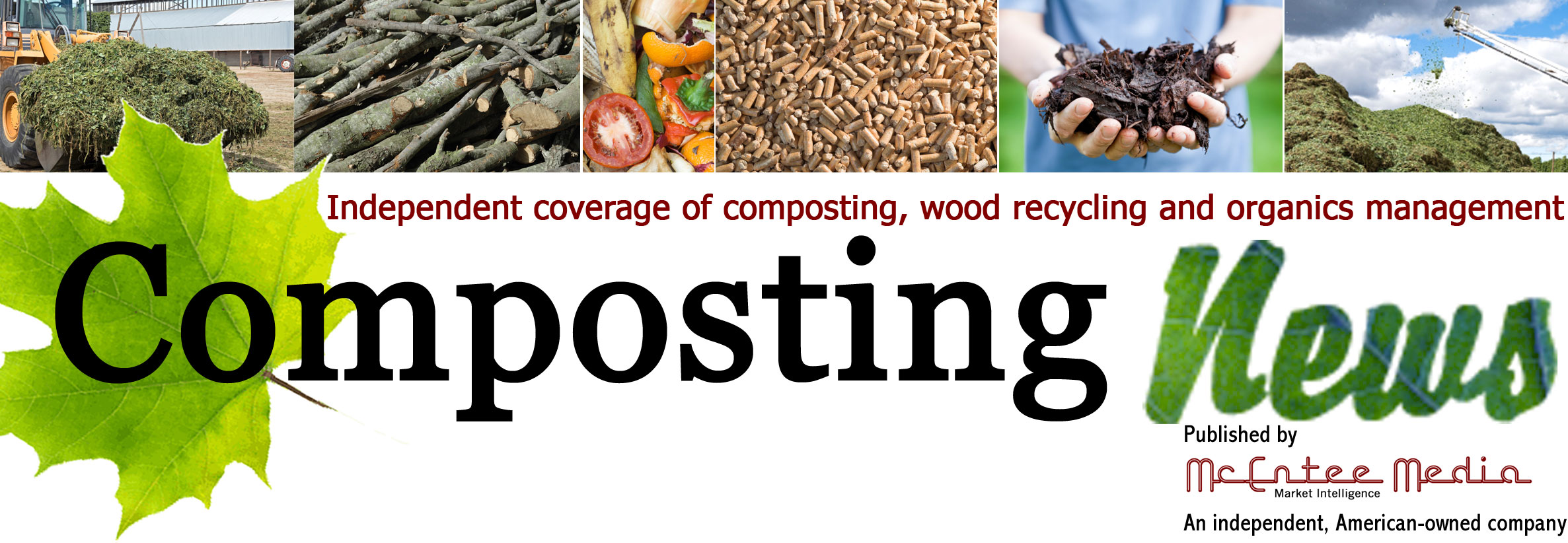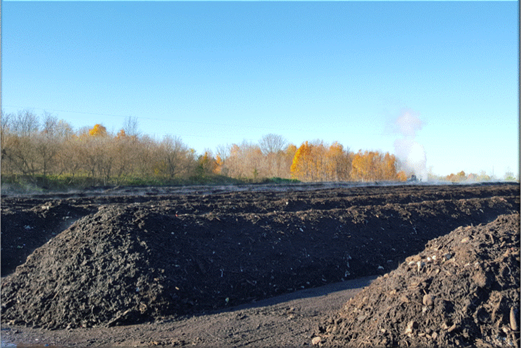The city of Ann Arbor, Michigan in collaboration with WeCare Denali, its contracted compost site operator, said it is changing the kinds of manufactured compostable products accepted for processing at its compost facility.
Beginning January 1, 2024, only compostable products made of fiber will be accepted. The Compost Manufacturer’s Alliance (CMA) now offers a variety of certifications to products that have met industry standards for properly breaking down in a myriad of composting technologies, including compost windrows like those used at the Ann Arbor compost site.
This change aims to reduce contamination in the final compost product and reduce windblown litter at the compost site.
Manufactured compostable items made from plastics can be nearly indistinguishable from traditional petroleum-based plastics and lead to traditional plastics in the compost stream and compostable materials in the recycling stream, the city government said. Additionally, plastic items labeled as compostable tend to be lighter weight than other materials and float to the top of the piles, becoming a prime candidate for windblown litter.
The government said it recognizes that the change may be frustrating to people who rely on previously advertised compostable plastic products, either as part of their business or in their home. However, experience with plastics has revealed that they cause confusion, contamination and litter leading to poor-quality compost as well as a degraded environment. One area where this frustration might be greatest is with plastic kitchen compost liners, which will no longer be accepted. The government encourages people with those composters to either go liner free or use paper/fiber-based products.
To assist residents and businesses in navigating this change, the government has developed a website with more detailed information about CMA-W certified material, including lists of products and distributors. To keep it simple, the government advises: if it is plastic, it is not accepted.
Follow us on social media:

Be the first to comment on "Ann Arbor looks to reduce plastic in compost"